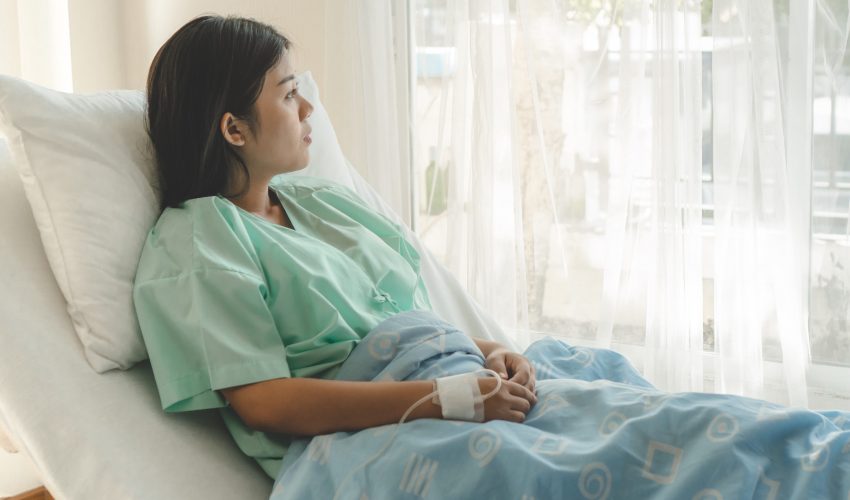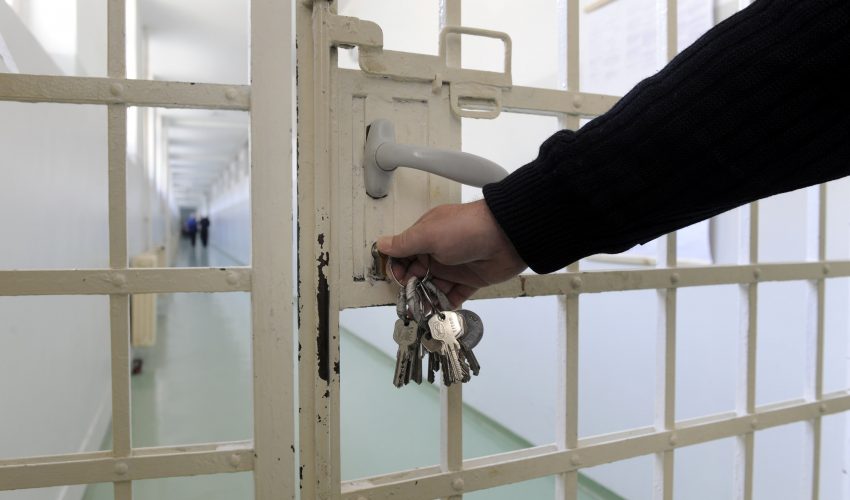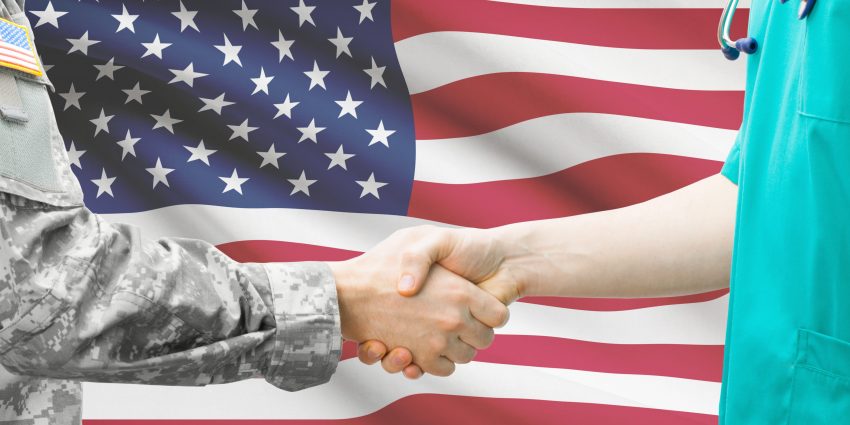Post Views: 1,319
ViewsCOVID-19 Goes to Nursing School
By David Morrison, RN
Who could have foreseen the problems that a disease entity could have caused throughout the college community and specifically in the colleges of nursing across the nation? It has been one year since the United States had been informed that there was a pandemic on the horizon. This has now taken over 500,000 Americans to the disease. These facts are clear and everyone knows this. However, what some Americans do not know is what the pandemic has done to college students, especially in nursing.
The colleges of nursing around the country have experienced the impact of immeasurable cost, retention, fear, and insecurity. The costs that the universities had faced were typical of a business that was struggling. There was a loss of revenue due to some of the universities sending housing students home because there was a complete lockdown (French, 2021). MSU during a non-pandemic academic year would have approximately 14,000 but during the beginning of the pandemic, there were 3,600-3,800 students in the dorms. *(Note: this was higher than the housing students who were registered in the fall academic semester of 2020, French, 2021). The universities had concerns about whether they could retain the current students since no in-class sessions were being held.
For the faculty, the pandemic presented a different set of challenges that needed to be met, such as revamping on-ground classes to online classes. This caused some major refinements to the way nursing was taught. However, the faculty continued to feel the uncertainty of being able to provide the students with the level of education needed for nursing students to meet the ever-changing needs of patients. This adjustment has been successfully met. The faculty had to take additional training in order to successfully transition the on-ground classes to those where the students had to attend in a virtual community. The faculty learned how to engage students in a more cogent way. Thus, the impact of the virus has not won in this area, but the faculty has proven the flexibility and willingness to have the nursing students become the Registered Nurses that was in their future (Singh & Haynes, 2020).
The effect of the pandemic has had significant effects on the students. There was the normal feeling of fear that if they went into the hospital they might get the virus and bring it home to their elderly parents or grandparents (Ulenaers, Grosemans, Schrooten, & Bergs, 2021). The hospitals also stopped allowing the nursing students to enter the hospital due to this same uncertainty as well as lack of personal protective equipment for staff and students (Uleanaers, et al, 2021). As the pandemic has continued through the year, the hospitals and universities learned to work together and the restrictions were changed to allow students to re-enter the hospitals to get their clinical experience.
Throughout this last year, while many changes have been made, there is a positive note. Due to the courage of the frontline nurses, many people have become inspired, and universities and colleges are reporting an uptick in interest and in registration for nursing classes in Fall 2021 (Kowarski, 2020). That is good news. Perhaps you can feel the new sense of encouragement and hope. We are at the beginning of change yet again and will face it with the same ingenuity and faith as we have throughout this past year.
References:
French, R. (2021). With COVID surging, Michigan State University tells students to stay home. Bridge, Michigan. https://www.bridgemi.com/talent-education/covid-surging-michigan state-university-tells-students-to-stay-home.
Kowarski, I. (2020). How Coronavirus affects nursing school admissions. U.S. News Nursing School Compass.
Singh, A., & Haynes, M. (2020). The challenges of COVID-19 in nursing education: The time for faculty leadership training is now. Nursing Education in Practice 47. https://doi.org/10.1016/j.nepr.2020.102831
Ulenaers, D., Grosemans, J., Schrooten, W., & Bergs, J. (2021). Clinical placement experience of nursing students during the COVID-19 pandemic: A cross-sectional study. Nurse Education Today, 99. https://doi.org/10.1016/h.nedt.2021.104746.
Bio‐ Dr. Midge Elkins, PhD, RNC-OB
My name is Dr. Judith, (Midge), Elkins. I am an Associate Professor at Madonna University and the University of Phoenix. I teach Maternal/Newborn at Madonna and I teach a Masters of Health Administration class at the University of Phoenix. I have been an RN since 1987, where I graduated from Henry Ford Community College located in Dearborn, Michigan. I received both my BSH and MSN from Madonna University. I have received an MBA from the University of Dallas and my Ph.D. from Capella University. I have also held Director positions in Maternal/Child Nursing, Pediatrics, and an outpatient Breast Health Center. I have been teaching nursing students across the nation since 1994 and find my passion in helping students to succeed.
One comment on “COVID-19 Goes to Nursing School”
Leave a Reply
COVID-19 Goes to Nursing School
By Nurse Advisor Magazine (Official)
Who could have foreseen the problems that a disease entity could have caused throughout the college community and specifically in the colleges of nursing across the nation?














My ex-husband and I had always managed to stay friendly after our divorce in February 2017. But I always wanted to get back together with him, All it took was a visit to this spell casters website last December, because my dream was to start a new year with my husband, and live happily with him.. This spell caster requested a specific love spell for me and my husband, and I accepted it. And this powerful spell caster began to work his magic. And 48 hours after this spell caster worked for me, my husband called me back for us to be together again, and he was remorseful for all his wrong deeds. My spell is working because guess what: My “husband” is back and we are making preparations on how to go to court and withdraw our divorce papers ASAP. This is nothing short of a miracle. Thank you Dr Emu for your powerful spells. Words are not enough.
Email emutemple@gmail.com
Phone/WhatsApp +2347012841542.